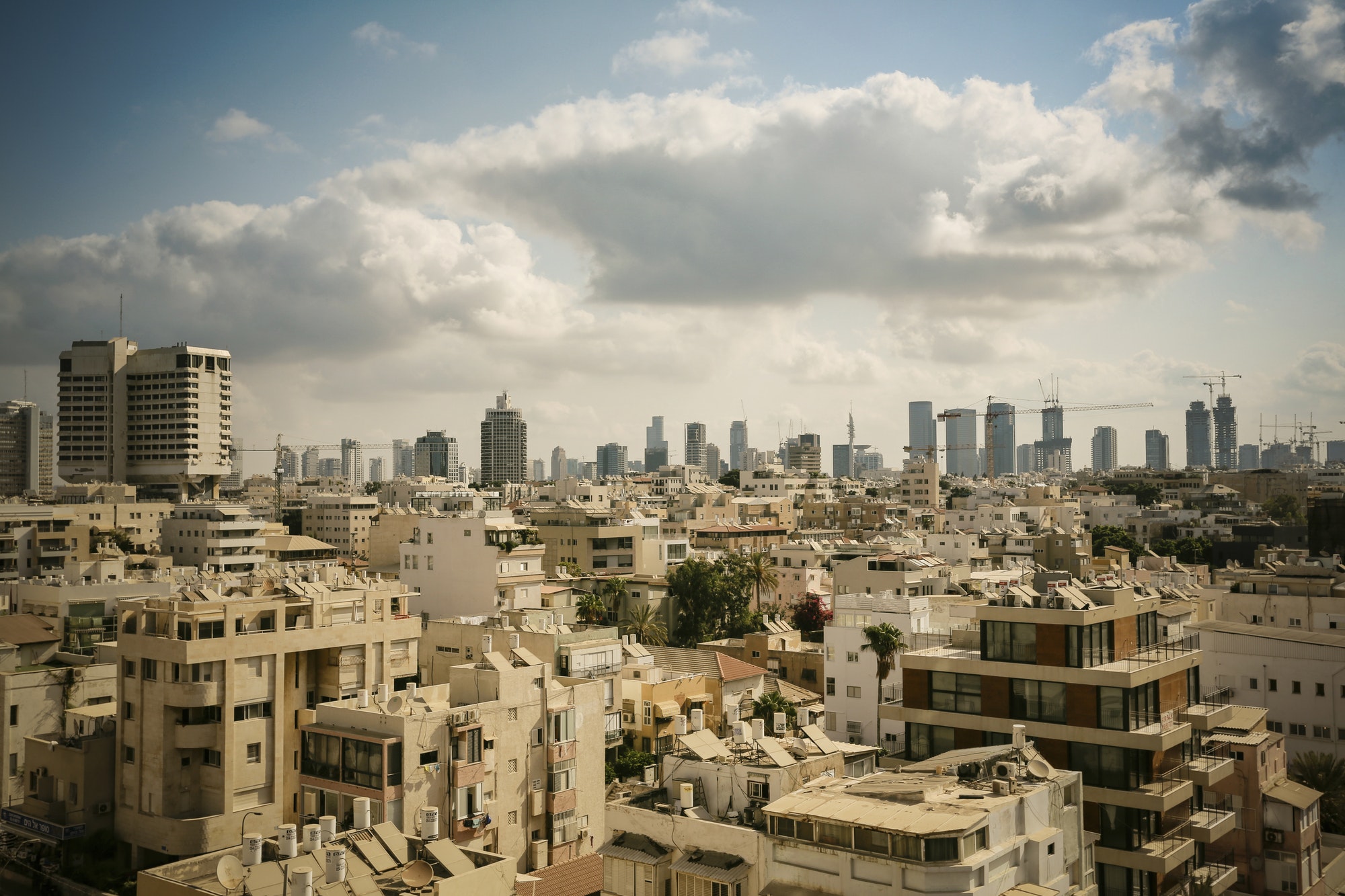Let’s dive into what’s really going on with the families of hostages in Israel, how they’re dealing with the constant changes in world focus, and the complex emotions and politics involved.

The Growing Problem: What Hostage Families Are Facing
The World’s Shifting Focus
As the world’s attention moves on to other issues, families with loved ones held hostage feel increasingly forgotten. The international urgency that was once there is fading, making these families feel abandoned and alone.
The Tug-of-War in Politics and Military
The ongoing conflict over Gaza and the assassination of a Hamas leader are just a few examples of the political and military strategies affecting the region. These moves don’t just change the political scene; they directly impact hostages and their families, making their situation more complicated and uncertain.
From the Families’ Eyes: Stuck in Uncertainty
The Struggle with Losing Hope
Families are banding together to support each other, but as time goes on, it’s getting harder to stay hopeful. The lack of progress in bringing their loved ones home is really taking a toll, leading to widespread despair.
Mixed Feelings About Military Actions
While the government pushes military action against Hamas to free hostages, families are torn. They want their loved ones back safe but are also worried about the consequences of continued military conflict. It’s a tough spot to be in, balancing the need for safety with the desire for peace.
The Future for Gaza and the Challenge of Hostage Situations
The Problem with Hostages as Human Shields
Hamas using hostages as human shields makes any military move risky and complicated. This delicate situation demands a careful approach to ensure the hostages’ safety while also working towards their freedom.
The Ongoing Search for Peace
Even with all the political and military tension, the goal remains the same: to bring all hostages home safely and to achieve lasting peace in the region. This complex issue needs everyone involved to work together.
This rewrite aims to make the complex situation more relatable and easier to understand, particularly for college students who might not be familiar with all the geopolitical nuances.

FAQ Section for Understanding the Struggle of Israel’s Hostage Families
What’s happening with Israel’s hostage families?
Israel’s hostage families are caught in a difficult situation where their loved ones have been taken captive, often in the context of the ongoing Israeli-Palestinian conflict. They face daily uncertainty, fading international attention, and the emotional toll of waiting for news or progress.
Why do these families feel forgotten?
As global and regional politics shift focus, and media attention wanes, the urgency once placed on resolving hostage situations decreases. This leaves families feeling overlooked and their plight less visible on the international stage.
How do political and military strategies affect these families?
Political maneuvers and military actions, such as negotiations over Gaza or military operations targeting Hamas, have direct consequences on hostages and, by extension, their families. Any change in strategy can alter the likelihood of a safe return for the hostages, adding layers of uncertainty and anxiety for their families.
What is the dilemma with using hostages as human shields?
Using hostages as human shields complicates rescue or military operations because any action must consider the potential harm to the hostages. It creates a moral and strategic predicament for those trying to secure the hostages’ release while minimizing harm.
Why are the families ambivalent about military actions?
While families desperately want their loved ones returned safely, they also understand that aggressive military actions could endanger them or prolong the conflict. This creates a conflict of interest, as they desire both a peaceful resolution and the immediate return of their family members.
What’s the goal for the future concerning these hostage situations?
The primary goal is to ensure the safe return of all hostages and to work towards a lasting peace in the region. Achieving this requires careful negotiation, strategic military decisions, and ongoing support for the families affected.
How can people help or get involved?
People can help by staying informed about the situation, supporting organizations that provide aid to hostage families, advocating for continued attention on their plight, and encouraging diplomatic efforts for peaceful resolutions.
Sources Reuters


